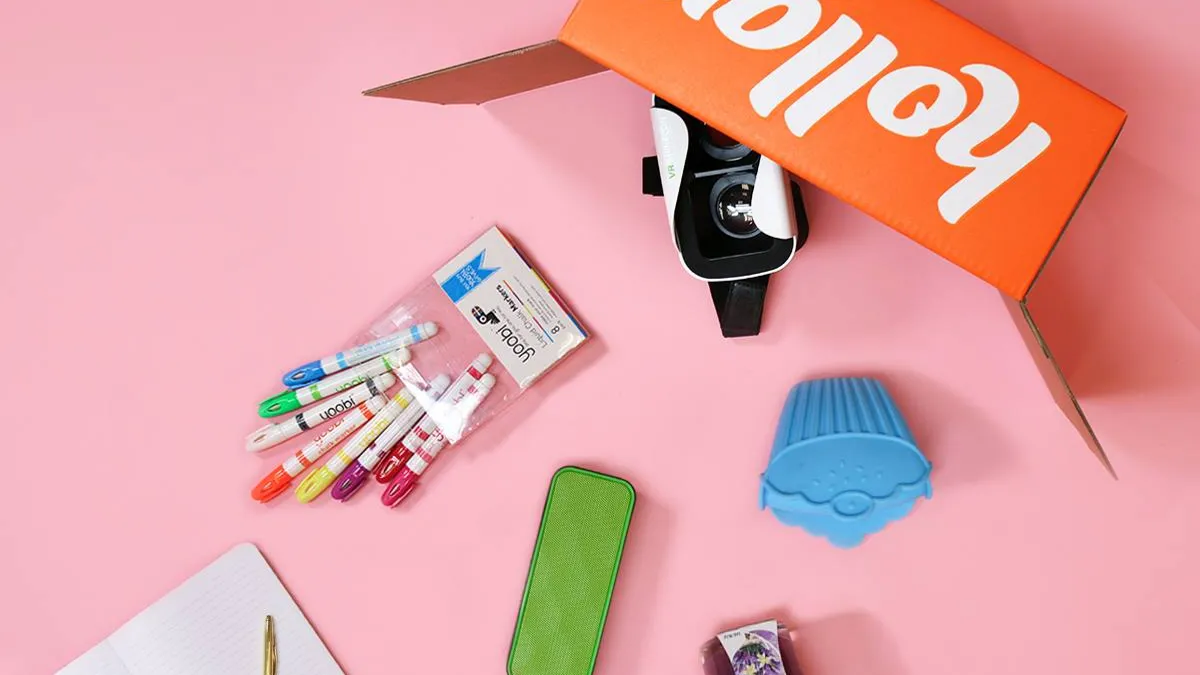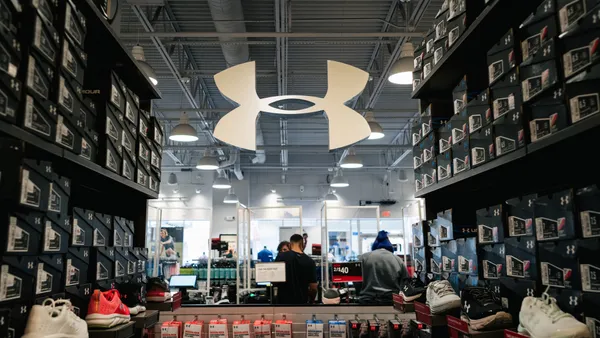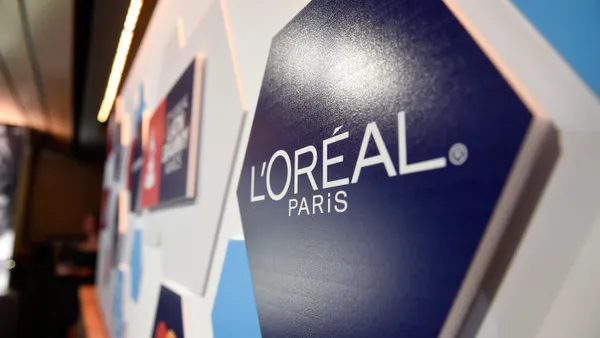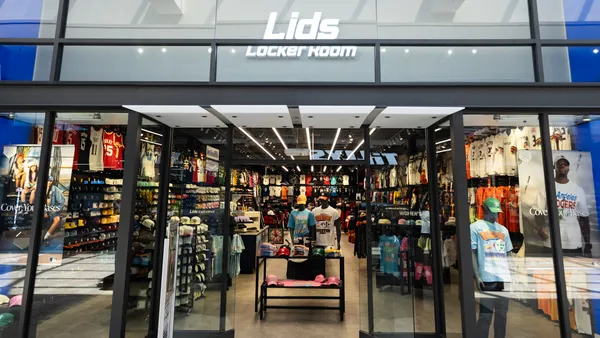Dive Brief:
-
E-commerce site Hollar is beginning to sell consumables from at least seven consumer product brands, as it seeks to expand its offerings and range from its beginnings as an online dollar store and mobile app, the company said in an email to Retail Dive.
-
Brands within Hollar’s initial product expansion include: Jakks Pacific, Playhut, Bumkins, Highlights for Children, Kumon Publishing North America, RB and Houghton Mifflin Harcourt. Hollar plans to grow its SKU count by 500% by the end of the year to reach an estimated 18,000 SKUs.
-
The company indicated it would expand its product range and price range late last year after it raised $30 million in Series B funding from Kleiner Perkins Caufield Byers and others.
Dive Insight:
Hollar has always been described as an online dollar store, or a dollar store in a mobile app, though in reality the company offers many products above the $1 range, costing between $2 and $5. The company long ago promised it would expand its range and its total number of SKUs to offer products priced at up to $10. This initial round of product additions makes good on that pledge and takes Hollar further from the concise, high-concept business model description that neatly rhymed with its name.
Hollar's expansion into consumables is a product of ongoing change in the e-commerce and grocery sectors. Jet managed to play its reputation as a discount e-commerce house and was acquired by Walmart last year, and in grocery, Amazon is completely disrupting the space with its checkout-free Amazon Go concept (which is not in full swing, but nevertheless sending others scrambling for new ideas.)
The Jet deal in particular may leave Hollar some room to move up the food chain to fill a need, especially among the millennial demographic, which has a penchant for low-priced, mobile-first commerce. In its announcement, Hollar noted that the millennial value proposition is very much about e-commerce and mobile commerce, as well as cheaper price tags, convenience and personalized experiences. It also pointed to research suggesting millennials will spend $65 billion on consumer product goods by 2024.
There are likely many more consumables partnerships coming Hollar's way. Though, as it continues its SKU expansion, one lingering question will be: How long can it remain independent?
If Hollar is effective at selling through mobile, attracting millenials and growing its roster of product brand partnerships, that sounds an awful lot like a company that many bigger brick-and-mortar or e-commerce players would be interested in acquiring. Hollar may very well be the next Jet — if it gets the chance.












